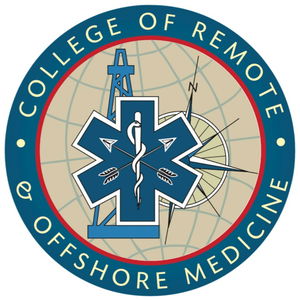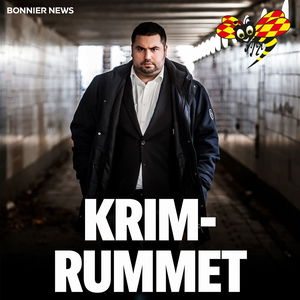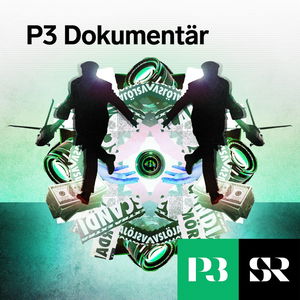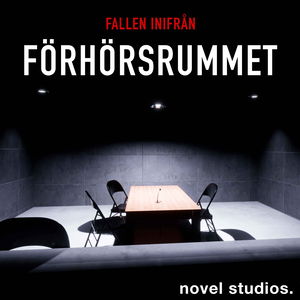This week, Aebhric O’Kelly talks with a fellow Green Beret, Dr Glenn Barnes, who shares his unique journey from Special Forces to becoming a nursing educator specialising in aerospace and extreme environments. He discusses his military background, the transition to nursing, and his experiences in private military contracting. Dr Barnes emphasises the importance of innovative nursing education, particularly for veterans, and the need for nurses to be equipped to operate in austere environments. His insights reflect a deep commitment to military service and nursing, highlighting the interconnectedness of these fields. In this conversation, Glenn Barnes discusses the innovative nursing education programs he has developed, particularly in wilderness medicine and aerospace nursing. He emphasises the importance of experiential learning and the unique skill sets that nurses gain through these programs. The discussion also covers the challenges of providing prolonged field care in space, the historical context of nursing, and advice for new practitioners entering austere medicine. Barnes highlights the need for research and development in nursing practices for extreme environments and the significance of adapting to local conditions and resources.
Takeaways
Dr Barnes has a diverse background in military and nursing.
He transitioned from infantry to nursing due to job availability.
His experiences in the military shaped his nursing career.
He emphasises the importance of teamwork in Special Forces.
Dr Barnes developed programs to help veterans become nurses.
He believes in empowering nurses to think outside the box.
His courses focus on survival and disaster nursing.
Veterans often struggle to utilise their skills in civilian life.
The nursing programs he developed were intensive and rewarding.
He aims to prepare nurses for challenging environments. The innovative nursing programs provide unique certifications.
Experiential learning builds confidence in nursing students.
Nurses play a crucial role in prolonged care in space.
Research is needed for nursing practices in extreme environments.
Historical perspectives on nursing inform current practices.
Nursing education must adapt to new challenges in healthcare.
Understanding local practices enhances medical care in austere settings.
Nurses are essential for long-term patient care in space missions.
Improvisation is key in austere medicine.
Collaboration and research will shape the future of nursing.
Chapters
00:00 Introduction to Dr Glenn Barnes
02:59 Military Background and Nursing Career
05:58 Transitioning from Military to Nursing
08:59 Experiences in Jump School and Special Forces
11:57 Private Military Contracting and Nursing
14:50 Developing Nursing Programs for Veterans
18:02 Innovative Nursing Education in Austere Environments
20:36 Aerospace and Extreme Environment Nursing
23:49 Challenges of Prolonged Field Care in Space
27:41 Developing Nursing Programs for Extreme Environments
30:43 Historical Perspectives on Nursing and Care
35:07 Advice for New Practitioners in Austere Medicine














